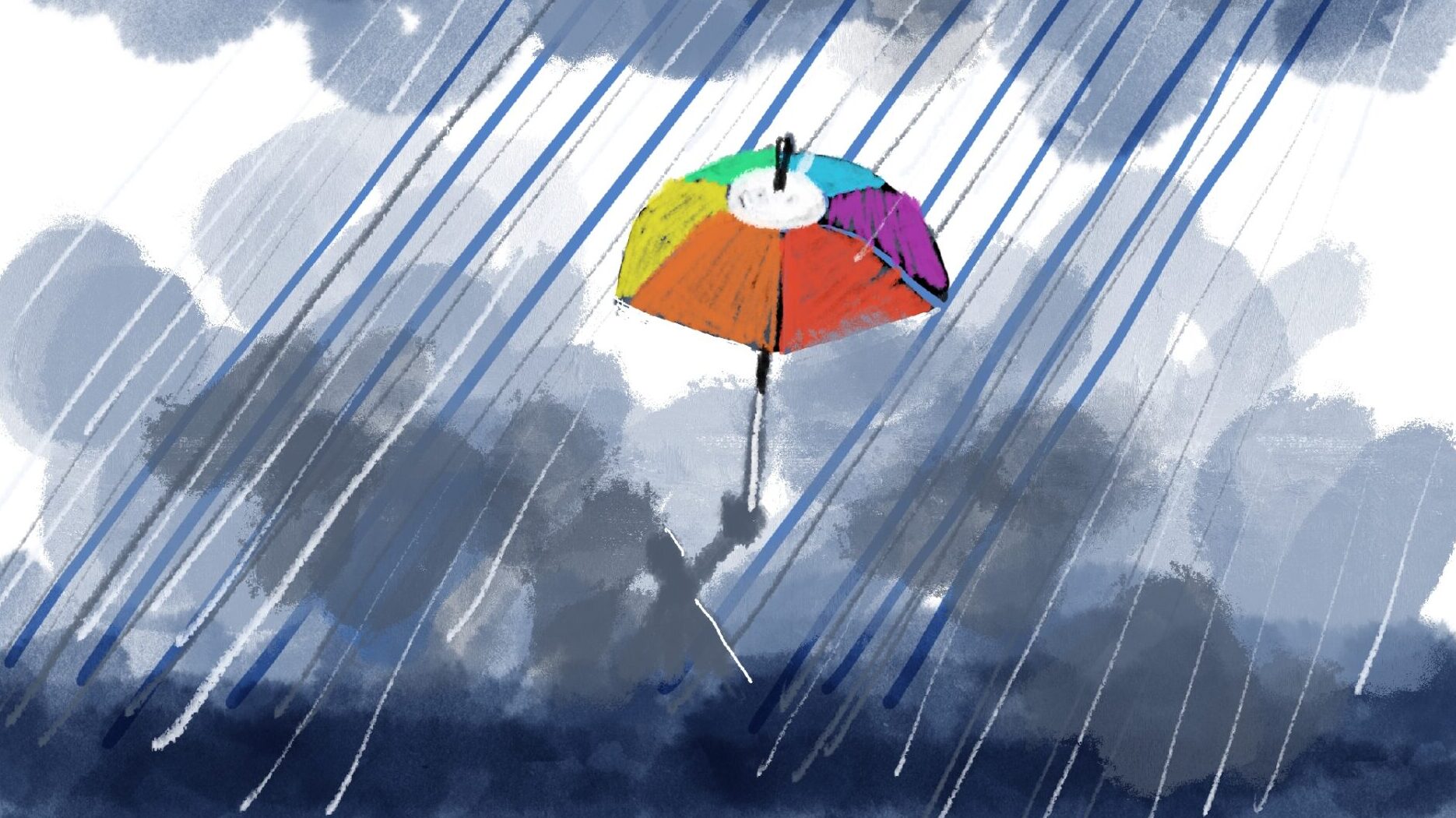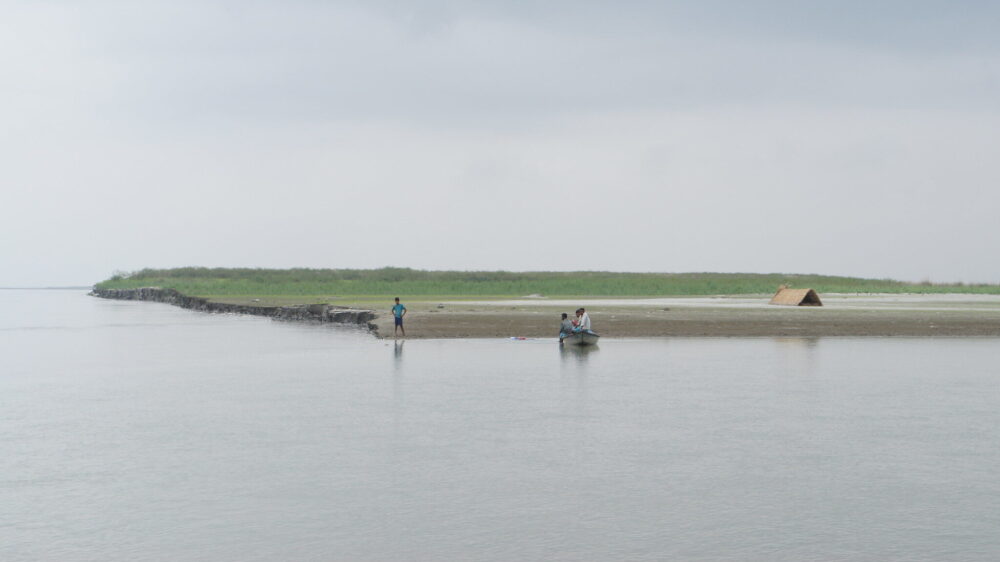An Intensive Week for Disaster Displacement at the Global Forum on Migration & Development
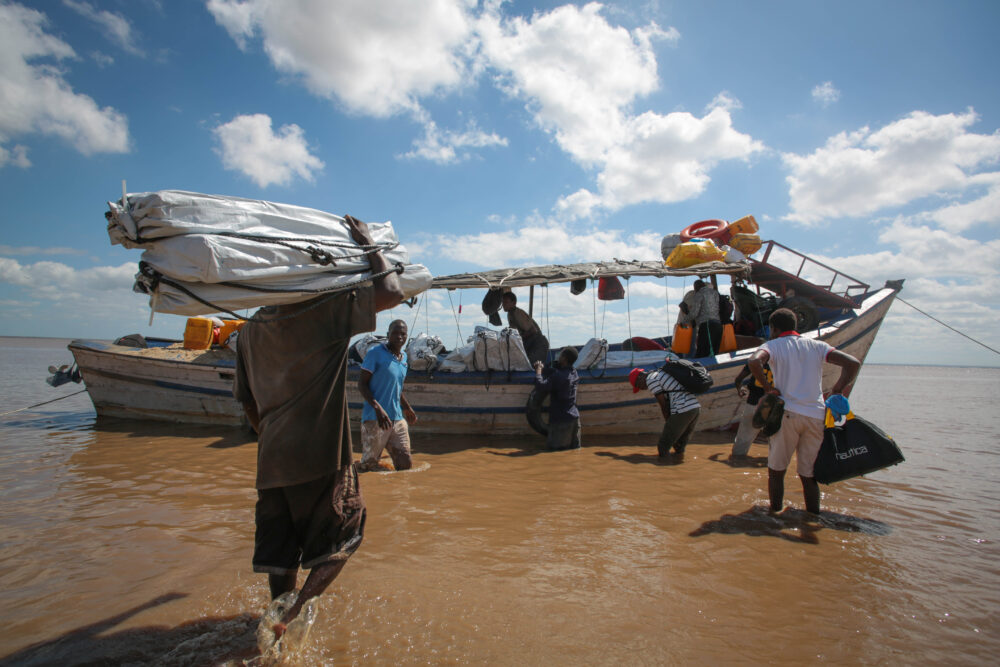
21-24 January Quito, Ecuador. While the United Nations High Commissioner for Refugees made a call to world leaders in Davos, Switzerland to prepare for a large flow of people moving against their will due to climate change impacts, at the same time, across the Atlantic, in Quito, Ecuador, the XIIth edition of the Global Forum on Migration & Development successfully featured disaster displacement as one of the many important topics discussed throughout the week.
Not only did disaster displacement make its way into one of the six main Government-led Thematic Roundtables of the Forum (Roundtable 1.1: ‘Providing regular pathways from crisis to safety’), but the topic was also addressed by the civil society group in a full-day dialogue with multiple stakeholders, as well as in a side event organized by the Platform on Disaster Displacement (PDD) together with the International Organization for Migration (IOM), the United Nations High Commission for Refugees (UNHCR), the International Federation of the Red Cross and Red Crescent (IFRC) and other partners.
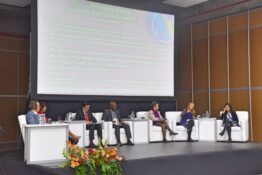 At Roundtable 1.1 (‘Providing regular pathways from crisis to safety’), France, as current Chair of the PDD, highlighted the particular case of people compelled to leave their country because of natural hazards, including the adverse effects of climate change and environmental degradation. Discussions also focused on separation from family, lack of access to economic and social rights, as well as migrants who face vulnerable situations during their journey and at destination, and, migrants who are at sensitive risk because of their identity or personal circumstances.
At Roundtable 1.1 (‘Providing regular pathways from crisis to safety’), France, as current Chair of the PDD, highlighted the particular case of people compelled to leave their country because of natural hazards, including the adverse effects of climate change and environmental degradation. Discussions also focused on separation from family, lack of access to economic and social rights, as well as migrants who face vulnerable situations during their journey and at destination, and, migrants who are at sensitive risk because of their identity or personal circumstances.
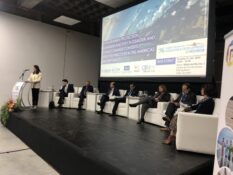 At the same time, the side event helped to convene multiple stakeholders and PDD partners to raise awareness on the importance of the development and implementation of practical steps and measures in addressing the humanitarian challenges people displaced by disasters face in all scenarios, including internal and cross-border disaster-displacement. The side event, titled ‘Humanitarian protection, admission and stay in disaster and climate change contexts: effective practices in the Americas and beyond’, featured best practices and policy options at the regional level, including Regional Consultative Processes (RCPs) in Central, South and North America, operational challenges and experiences from the ground by IFRC, institutional perspectives by UNHCR and the European Union (EU) and closing remarks by Mexico. The French Ambassador to Ecuador, Mr Jean-Baptiste Chauvin provided opening remarks at the side event and highlighted that humanitarian protection measures are important tools for the protection of persons at risk of displacement or displaced across borders in disaster and climate change contexts. He said that it is important “that the international community come together to discuss what effective practices on admission and stay look like in this context”.
At the same time, the side event helped to convene multiple stakeholders and PDD partners to raise awareness on the importance of the development and implementation of practical steps and measures in addressing the humanitarian challenges people displaced by disasters face in all scenarios, including internal and cross-border disaster-displacement. The side event, titled ‘Humanitarian protection, admission and stay in disaster and climate change contexts: effective practices in the Americas and beyond’, featured best practices and policy options at the regional level, including Regional Consultative Processes (RCPs) in Central, South and North America, operational challenges and experiences from the ground by IFRC, institutional perspectives by UNHCR and the European Union (EU) and closing remarks by Mexico. The French Ambassador to Ecuador, Mr Jean-Baptiste Chauvin provided opening remarks at the side event and highlighted that humanitarian protection measures are important tools for the protection of persons at risk of displacement or displaced across borders in disaster and climate change contexts. He said that it is important “that the international community come together to discuss what effective practices on admission and stay look like in this context”.
Civil society, for its part, devoted a full-day dialogue to discuss concrete recommendations on ‘Theme No.4 Climate-related migration and displacement’, where more than forty different organizations reiterated the importance of recognizing the complexity of human mobility in climate change contexts, the need for better data and understanding around the topic, as well as the importance of climate change mitigation and adaptation efforts.
The challenge now for States and civil society organizations interested in furthering the debate around this topic is how to keep the impetus for the next edition of the GFMD taking place in January 2021 in the United Arab Emirates (UAE) and taking advantage of the Forum as a platform to build partnerships and scale up the protection and humanitarian pathways for those compelled to move due to disasters and the adverse effects of climate change.
Know more about the Global Forum on Migration and Development
Download the PDD leaflet
 Loading...
Loading...
View similar activities in the PDD Workplan 2019-2022
